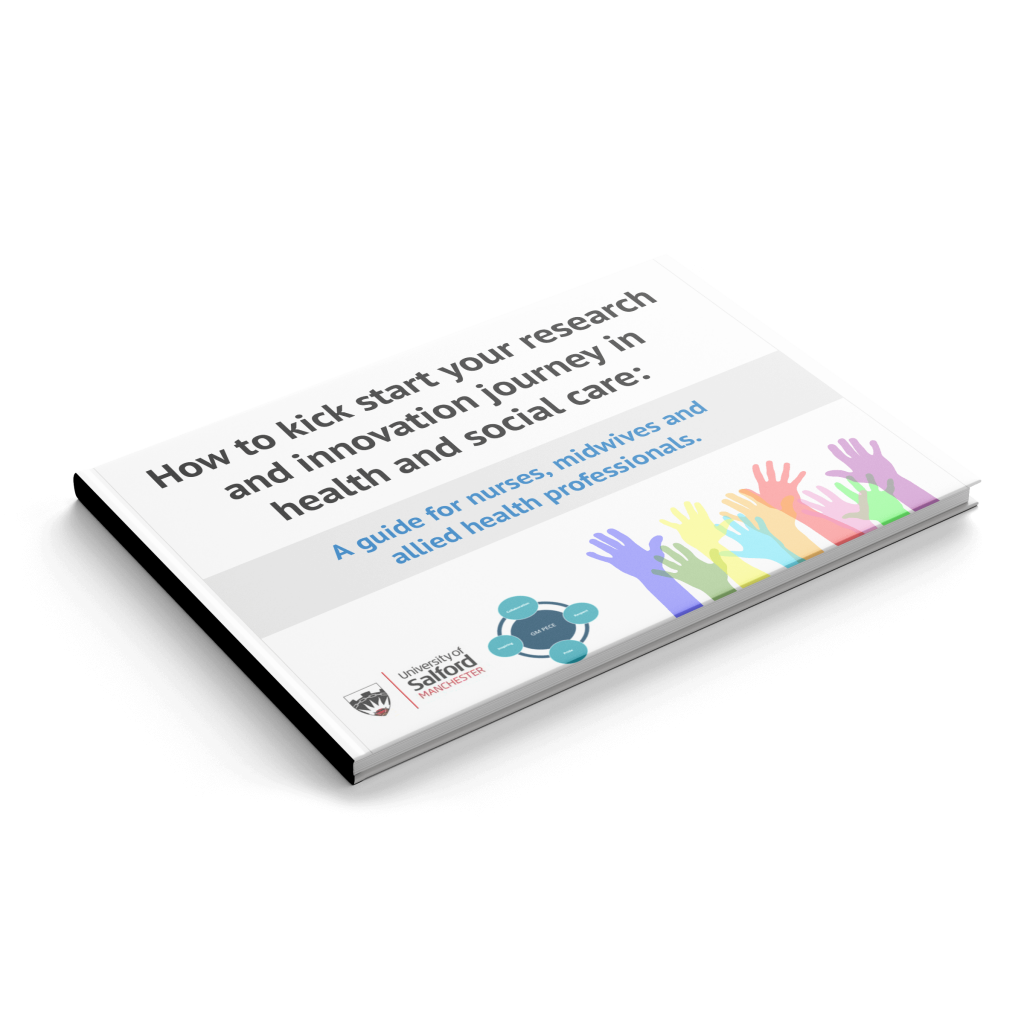Getting published
Getting started with writing for publication
Resources to help you
Writing for publication can be for in a range of formats and for a number of different purposes.
One of the first things to think about is who do you want to talk to/reach with your work? And what sort of publication would work best for this?
Examples could be
- Book chapter
- Professional articles
- Writing with colleagues or students
- Conference presentations, especially in peer reviewed conference proceedings
If you have completed a project, or have an idea for a paper, but are brand new to writing articles for peer reviewed journals, here is a guide on the process from start to finish.
Getting reports and manuscripts ready for publication: Part 1
Finding the right journal
It is really important to target a journal that aligns with the subject, audience and sometimes methods relevant for your paper. Whilst on your research journey within your organisation, the research and innovation team and/or the library service can help you look for the right journals to publish your work.
Following the guidelines
Journals provide details of the aim and scope of their journal, and detailed guidance for authors about the required length, structure, content and format of papers they publish. Identify where you intend to submit your paper early, then develop your paper using the author guidelines for that journal from the outset. This will save you a lot of work and heartache later down the line.
Getting reports and manuscripts ready for publication: Part 2
Submitting your paper for peer review
Give yourself the best chance of having your article accepted, by assessing your paper against questions that peer reviewers will be asked to consider, when reviewing your paper. If your research group has a writing group or an internal peer review process, then use this before you submit your work.
Addressing reviewer feedback, rebuttals and amendments
Once you have submitted your paper it will be subject to a blind peer review (usually by two reviewers). Reviews nearly always come back with feedback, suggestions and required amendments, even if they like your paper. The trick is to take your time over reading them (as they can feel a bit crushing to start with, when you have worked so hard), and see them as tips to improve your paper.
If your paper is rejected, this will often be because it is not a good fit for the journal you have selected – don’t be put off, review any feedback given and rethink where else would be appropriate to submit it.
Getting reports and manuscripts ready for publication: Part 3
Writing workshops and groups
Within your organisation or externally you may be able to attend a series of writing days, and workshops to support you with developing your skills for writing for publication, and to help you carve out time to get your writing done.
See your local organisation and NHS R&D Northwest for more details.
Developing your academic voice
The Royal Literary Fund often work with the NHS to deliver writing workshops.
The Academic Phrase bank is a general resource for academic writers. It aims to provide you with examples of some of the phraseological ‘nuts and bolts’ of writing organised according to the main sections of a research paper or dissertation.
